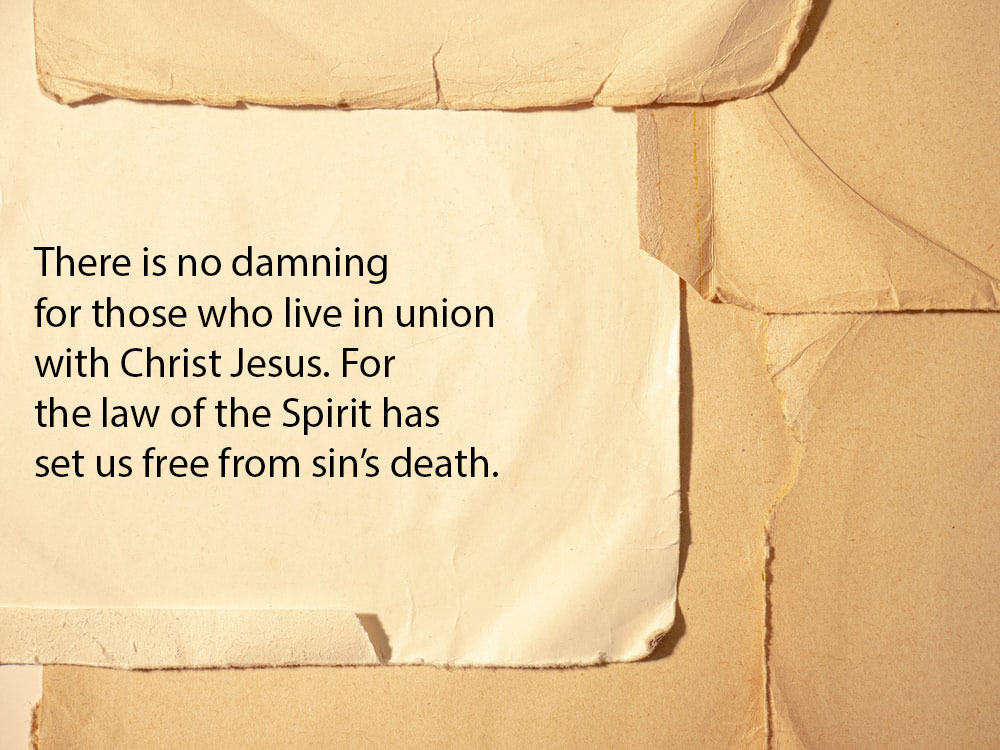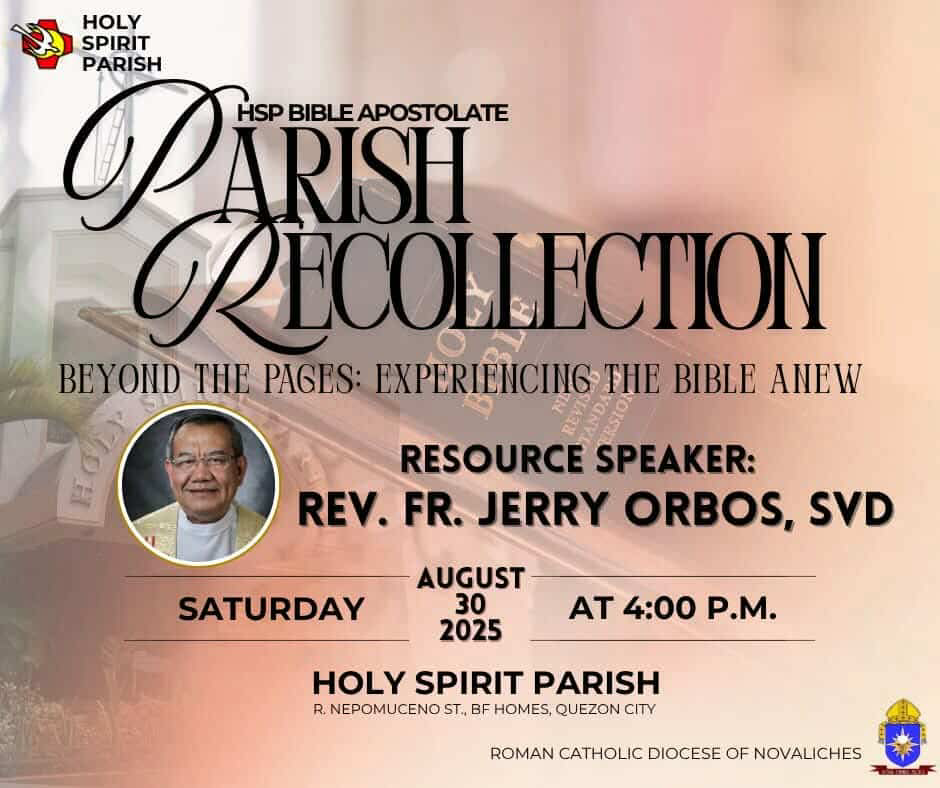
By Veronica Chiari A. Dy-Liacco
Both Pope Benedict XVI and Pope Francis view the Eucharist as a sacrament of transformation. Pope Benedict XVI, in emphasizing the sacrificial aspect of the Eucharist, underlines how Christ transformed the violence and brutality he suffered into self-giving love. Pope Francis, reflecting on 2 Cor 9:8, sees Christ’s eternal decision to give up his riches, his divinity, in order to become poor in his humanity, as a continuing occurrence at every Holy Mass’s Liturgy of the Eucharist. Thus, taking Pope Benedict XVI and Pope Francis together, Christians at receiving Christ in Holy Communion, are called to enter into these same transformations: the transformation of violence and brutality into self-giving love, and the transformation of stepping down from their own wealth and comfort into poverty. Both these visions have implications for our participation in the Sacrament of the Eucharist.
Benedict XVI on Eucharistic Adoration
Benedict XVI, as Joseph Cardinal Ratzinger, found praiseworthy the Church’s rediscovery of the “liturgy as a communal celebration.” At the same time, however, he warned against the risk of “collectivization”. He explained that Eucharistic fellowship is a deeply personal act, first with Christ in the Eucharist, and then with our neighbours. It requires that we must set out “with our whole self”, beginning with the authentic encounter with Christ in Eucharistic adoration. He believed that we are in need of rediscovering this truth.1
The very reason for the Eucharist, the reason why Our Lord Jesus Christ instituted its reception, is so that we may receive Him: “Lord I am not worthy that you should enter under my roof” (Matt 8:8 par. Luke 7:6). In receiving Him as the honored guest, our very life becomes His. In turn, we participate in His resurrected life, in which we, like Him who loved us to the Cross, become capable of sharing ourselves wholly with others: “Receiving communion means entering into communion with Jesus Christ; it signifies moving into the open through him who alone who could overcome the limits and thus, with him and on the basis of his existence, becoming capable of resurrection oneself.”2
Entering into this communion with Christ entails not “a ritual performed in common”, but a “personal act”. The reception of Christ in Holy Communion is a deeply personal act. It is first of all our interior response to Christ’s call in the Eucharist. Its movement outside of ourselves is first of all towards Him. Therefore, rather than activity, Cardinal Ratzinger recommends “quiet prayer before Communion”.3 Our silent adoration of Jesus Christ in the Holy Eucharist is a loving act of devotion to Him, and allows us to submit ourselves to Him.4 In this way, we become cooperators with the Lord, who Himself develops the social mission of the Eucharist, in which He is able to break down the barriers “between the Lord and us but also and above all those that separate us from one another.”5
Benedict XVI on the Social Mission of the Eucharist
The social mission of the Eucharist is the work of God. We become cooperators with the Lord in the social mission of the Eucharist when we consent to God’s work of transformation within us. This transformation begins when we receive His body and blood at Holy Communion. But “social mission” also implies a transformation of the world, in a way which undoes everything harmful and unjust which human fallibility has inflicted upon it.
Yet in the Eucharistic Congress of 2002 held in the Diocese of Benevento, Cardinal Ratzinger noted that in recent history, social mission was taken up in opposition to God and the Church. It took the form of a “godless social theory and praxis” that sought to eliminate poverty and achieve equality for all, but which ended up destroying old social structures, and with them, spiritual and moral forces as well.6
For believers in Christ, a godless social transformation is unthinkable. The way to become agents of social change is necessarily by their transformation into the image of Christ, by way of reception of Christ into their lives in Holy Communion, and the willing acceptance of God’s work of transformation in their own life, their own personal fiat to God’s mysterious work in them. Thus the transformation effected in Christ’s Passion now becomes the template of the individual’s transformation, in that for one to be fitted into the living body of Christ, the Church, one must also “undergo the fate of the Passion. The fate of the cornerstone reveals the plan of the entire building.”7 This is the basis for a “genuine transformation that the world needs and that alone is capable of redeeming the world.”8
Francis’s Vision of a Church of the Poor
Pope Francis began his Lenten Message for 2014 with 2 Cor 8:9, which says, “For you know the grace of our Lord Jesus Christ, that though he was rich, yet for your sake he became poor, so that by his poverty you might become rich.” Like Benedict XVI, Pope Francis sees Christ as the template for the Church to follow. The template is again Eucharistic, as Christ “[i]n every time and place […] continues to save mankind and the world through [his] poverty […] in the sacraments…”9 In this case, Pope Francis includes the Church in Christ’s continuing poverty, as the Church ideally is a “people of the poor”. The Church follows her Master in that she does not pass on the riches of Christ through her wealth, but through the personal and communal poverty of her members. For Pope Francis, this means that we must make the poverty of our poor brothers and sisters our own, even as we try to alleviate their situation. He sees a necessary distinction between material and spiritual destitution. As a Church, we can be poor materially, but rich in the same way that Jesus Christ was rich because of his trust in the Father, and his desire to do the Father’s will and to glorify him.10 He further says that “there is only one real kind of poverty: not living as children of God and brothers and sisters of Christ.”11
The Church of the poor of Pope Francis’ vision is poor for the sake of love, love of Jesus who became poor for us, and love of our neighbor in need. This is the love “which does not hesitate to offer itself in sacrifice for the beloved. Charity, love, is sharing with the one we love in all things. Love makes us similar. It creates equality, it breaks down walls and eliminates distances. God did this with us.”12 This is “the logic of the incarnation and the cross.” It is vastly different from one who gives out of his abundance out of a sense of altruism and piety. Neither can cold, strategic planning for overcoming poverty compare with this love.13
Implication: Christ-like poverty
No amount of social planning and activism, or strategies for poverty reduction and eradication could ever approximate the kind of social transformation which is the end result of a true reception of Christ in the Holy Eucharist. Both papal views of transformation point to the love of Christ which is self-emptying. Suffering and poverty, which we as Christians are called to take upon ourselves, have been transformed by Christ into love. It is when we recognize God’s claim on our lives in receiving Him in Holy Communion, and recognize the saving poverty and humility of Christ in the Holy Eucharist, that we can renounce the goods of this world (the false gods of our time), and allow God’s Kingdom to manifest in the here and now. Adoration of Christ in the Holy Eucharist and our reception of His transforming love in Holy Communion, and our desire to take on His poverty and its accompanying difficulties because He made it redeeming, brings the saving power of the Gospel to the world that seeks it.
Dy-Liacco is taking up her Master’s degree in Theology at the University of Sto. Tomas Graduate School in Manila.
Post Credit: CBCP News








